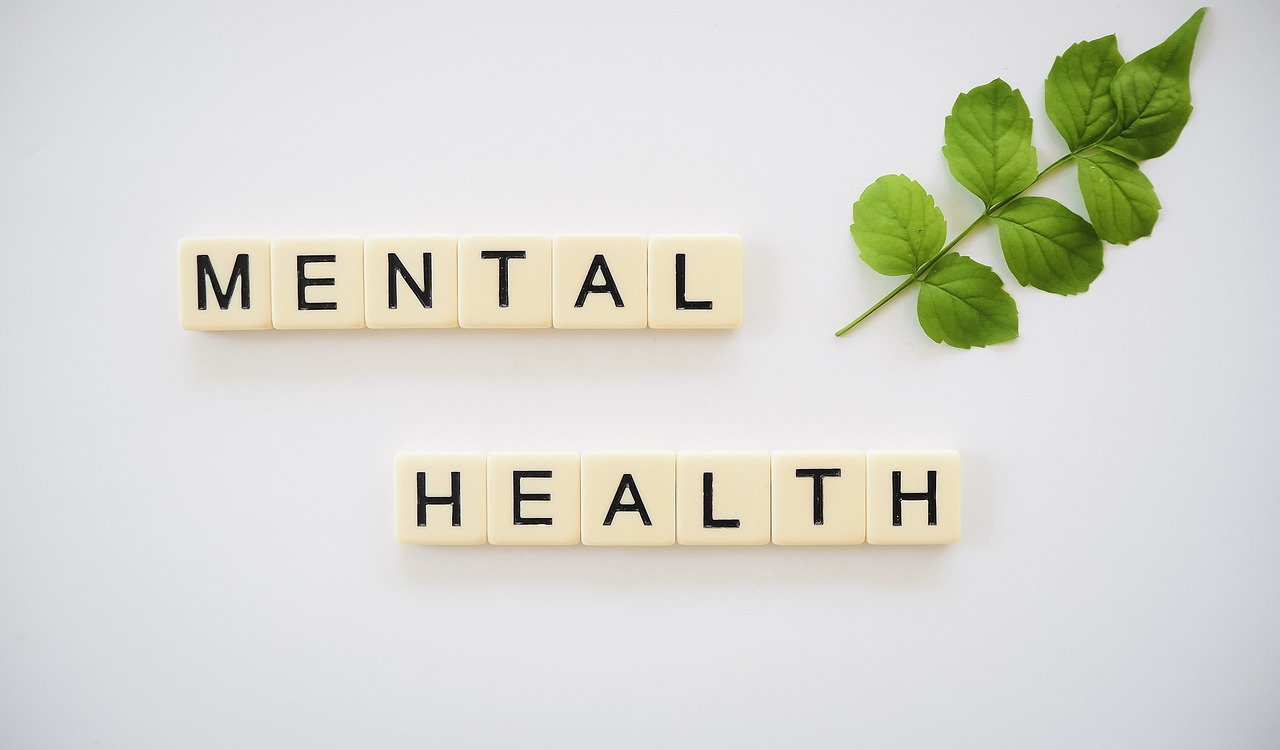In our fast-paced, modern world, mental health has become an essential topic of discussion. Understanding and nurturing your mental well-being can significantly enhance your quality of life, improve relationships, and boost productivity. Here are some practical tips to integrate mental health awareness into your daily routine.
- Start with Self-Awareness
The first step in mental health awareness is understanding your emotions, thoughts, and behaviors. Regular self-reflection can help you identify stress triggers and emotional patterns.
- Journal Daily: Write down your thoughts and feelings each day. It’s a powerful way to process emotions and recognize patterns.
- Practice Mindfulness: Spend 5-10 minutes daily focusing on your breath or body sensations. This can increase self-awareness and reduce stress.
- Maintain a healthy routine
Your daily habits significantly impact your mental health. Creating and following a healthy routine can promote stability and balance.
- Get enough sleep: Aim for 7-8 hours of restful sleep each night. Lack of sleep can increase anxiety and depression.
- Eat a balanced diet: Include whole grains, lean proteins, healthy fats, and plenty of fruits and vegetables in your diet.
- Exercise regularly: Exercise keeps the body fit and stress free, so set a goal to exercise daily.
- Foster positive relationships
Social connections are important for mental health awareness. Positive relationships provide emotional support, create a sense of belonging, and reduce stress.
- Communicate openly: Share your feelings and thoughts with trusted friends or family members.
- Set boundaries: Protect your mental health by saying no to activities or relationships that drain your energy.
- Join communities: Join local or online groups related to your interests and meet like-minded individuals.
- Manage stress effectively
Stress is a natural part of life, but uncontrolled stress can lead to mental health problems. It is important to develop ways to cope.
- Prioritize tasks: Make to-do lists and use time management techniques so you don’t feel overwhelmed.
- Relaxation techniques: Take deep breaths, meditate or do yoga to calm your mind.
- Take breaks: Step away from work or stressful situations and refresh yourself.
- Limit screen time
Excessive screen time, especially on social media, can have a negative impact on mental health.
- Set boundaries: Limit social media use to specific times of the day.
- Digital detox: Disconnect from devices for one day a week and focus on offline activities.
- Be mindful online: Follow accounts that inspire and energise you, and unfollow accounts that trigger negative emotions.
- Seek Professional Help When Needed
Recognizing when to seek professional support is a key aspect of mental health awareness.
- Therapy: Talking to a licensed therapist can help you navigate challenges and develop coping strategies.
- Support Groups: Joining a group for people with similar experiences can provide comfort and perspective.
- Helplines: Keep contact information for local or national mental health helplines handy for immediate assistance.
- Practice Gratitude
Developing an attitude of gratitude can transform the way you perceive life and enhance your overall perspective.
- Gratitude Journal: Note three positive aspects of your day that you feel grateful for daily.
- Express gratitude: Thank the people in your life who make a difference, even in small ways.
- Focus on the positivity: View challenges as opportunities for growth.
- Engage in Meaningful Activities
Participating in activities that bring joy and purpose can enhance mental health.
- Pursue Hobbies: Dedicate time to activities you love, such as painting, gardening, or playing music.
- Volunteer: Helping others can boost your mood and create a sense of fulfillment.
- Set Goals: Work towards achievable personal or professional goals to foster a sense of accomplishment.
- Be kind to yourself
Self-compassion is the cornerstone of mental health awareness.
- Avoid self-criticism: Replace negative self-talk with positivity and encouragement.
- Practice forgiveness: Forget past mistakes and focus on personal growth.
- Celebrate Small Wins: Recognize your achievements and treat yourself for even the smallest milestones to stay motivated.
- Spread mental health awareness
Educating yourself and others about mental health can break down stigma and foster a supportive community.
- Share your story: Talk openly about your experiences to encourage others to do the same.
- Support campaigns: Participate in mental health awareness events and initiatives.
- Educate yourself: Stay informed about mental health topics to better understand yourself and others.
Conclusion
Mental health awareness is a continuous journey that requires attention and care. By implementing these tips in your daily life, you can create a foundation for emotional resilience and well-being. Remember, small steps lead to significant changes, and prioritizing mental health is an investment in your future.















Leave a Reply